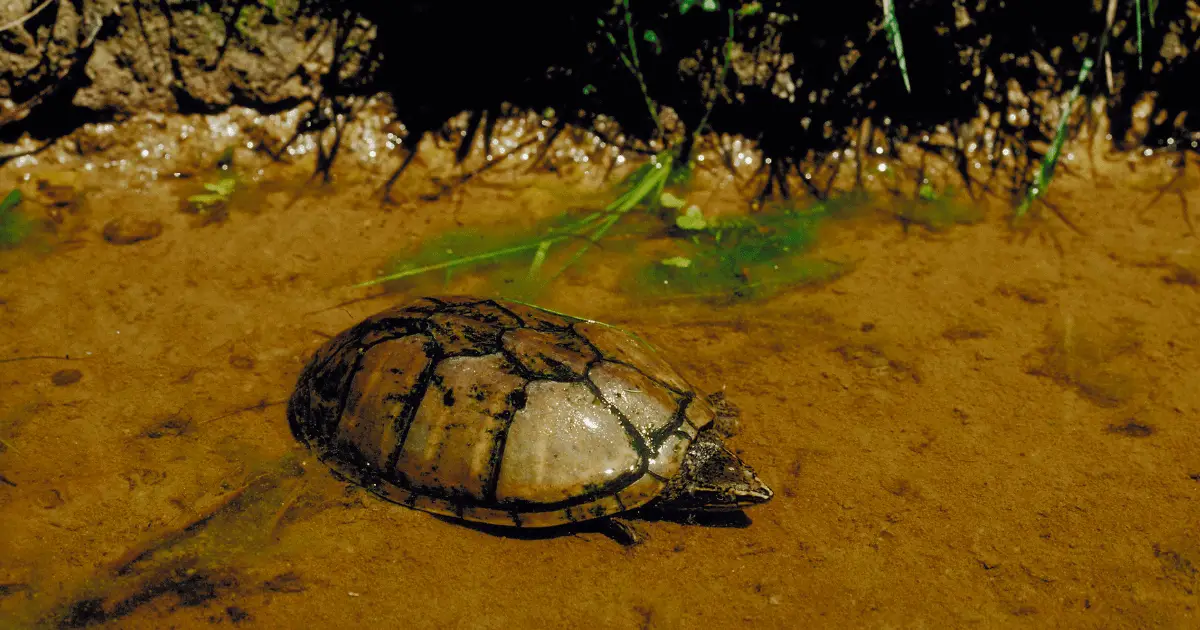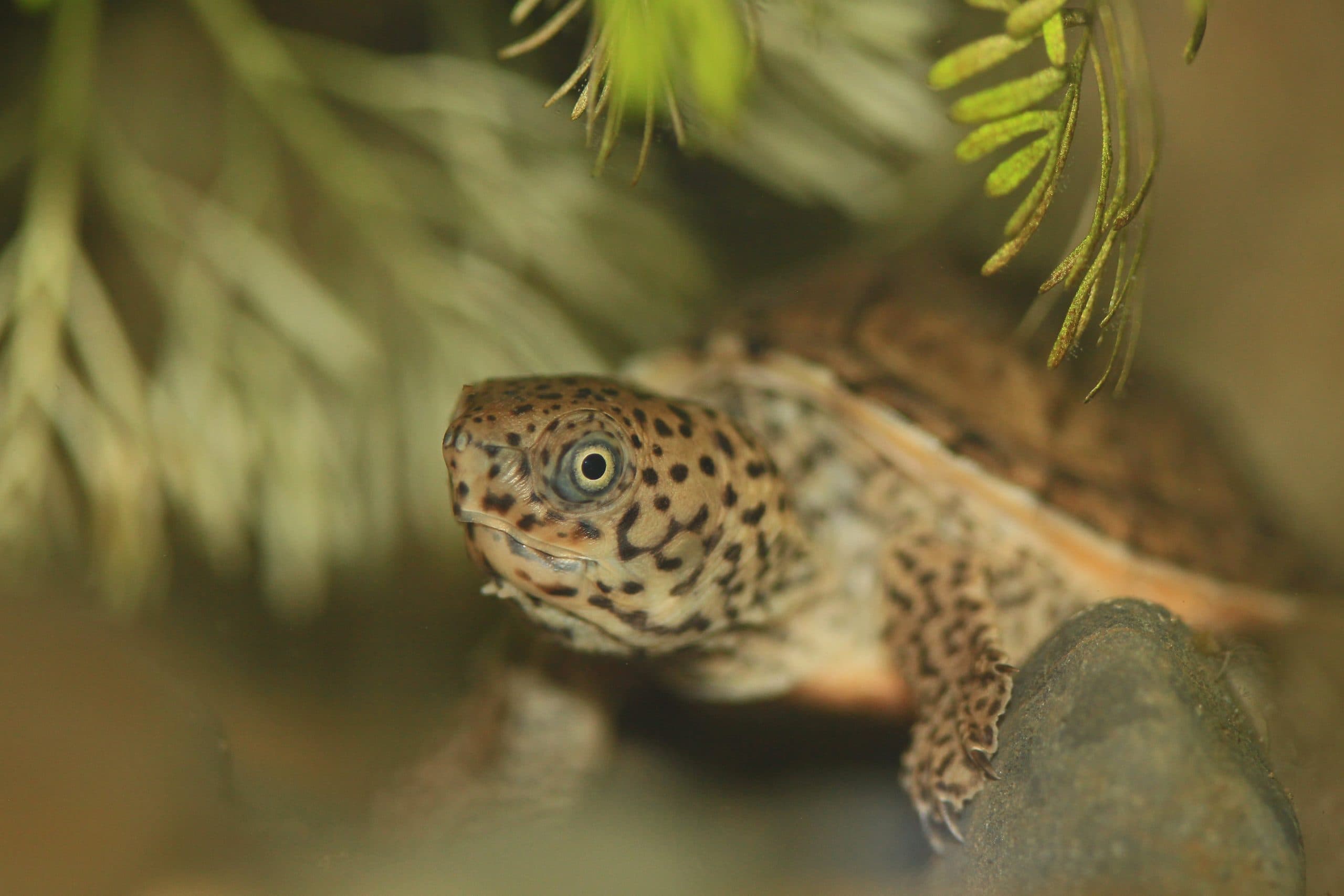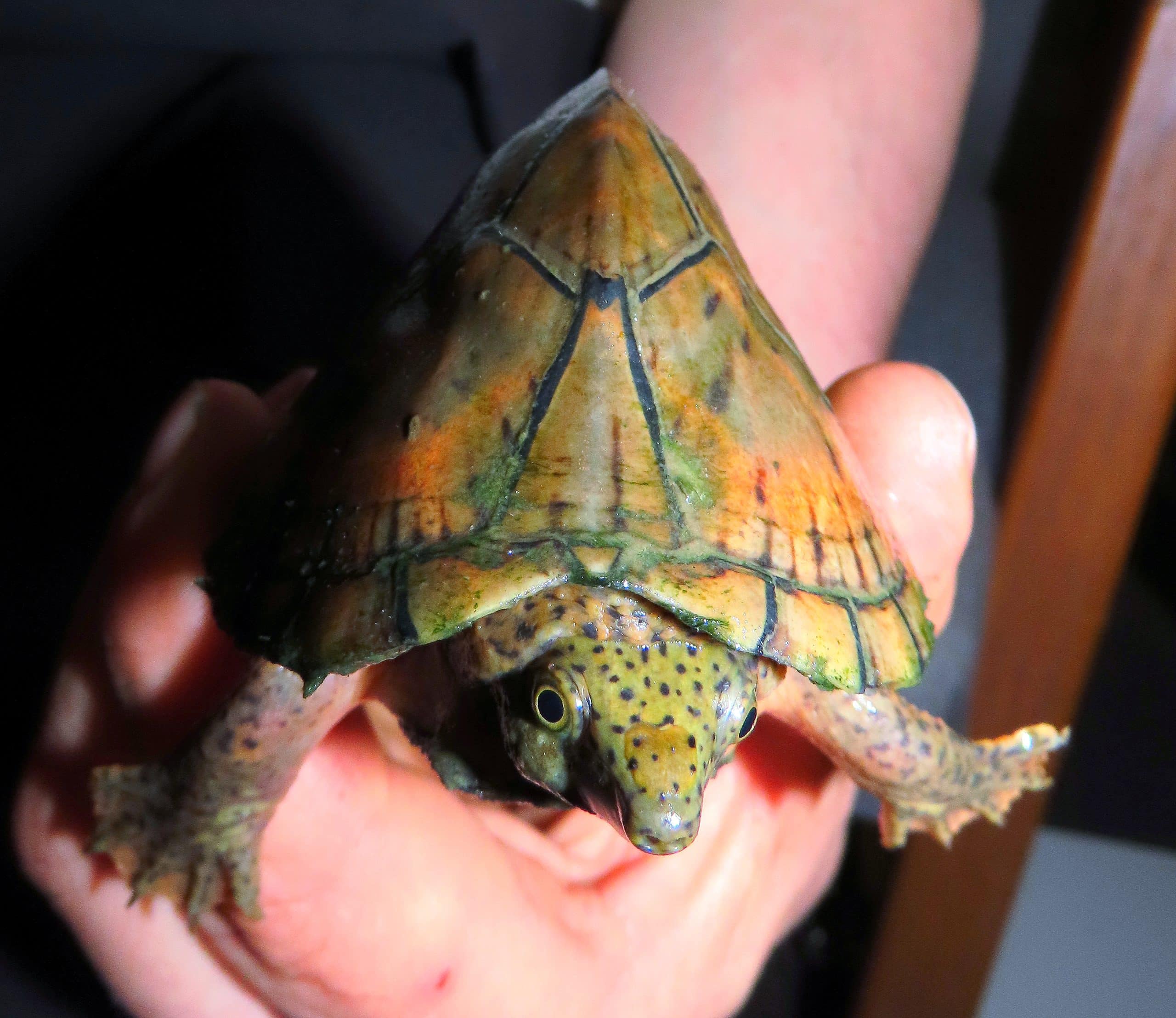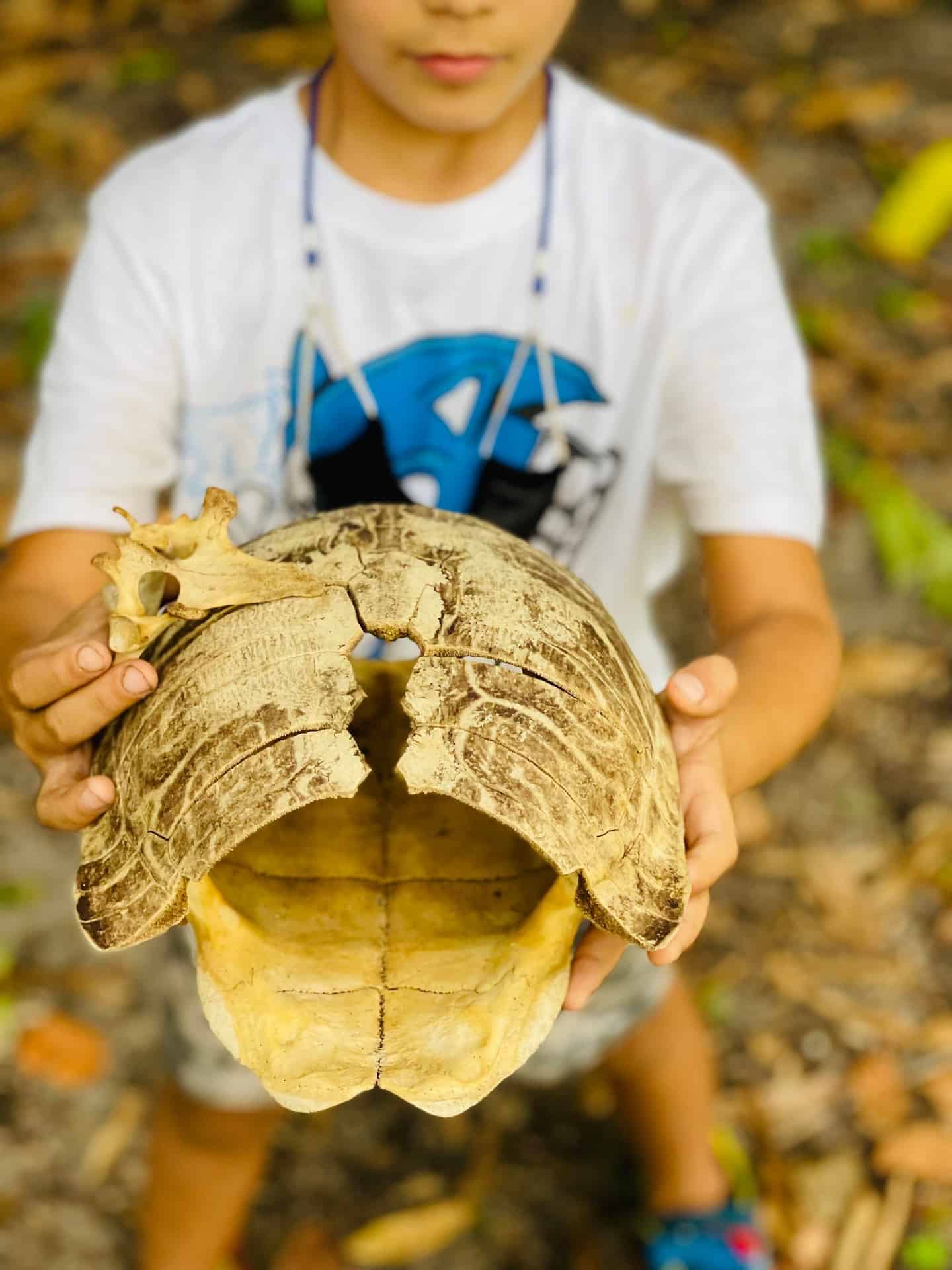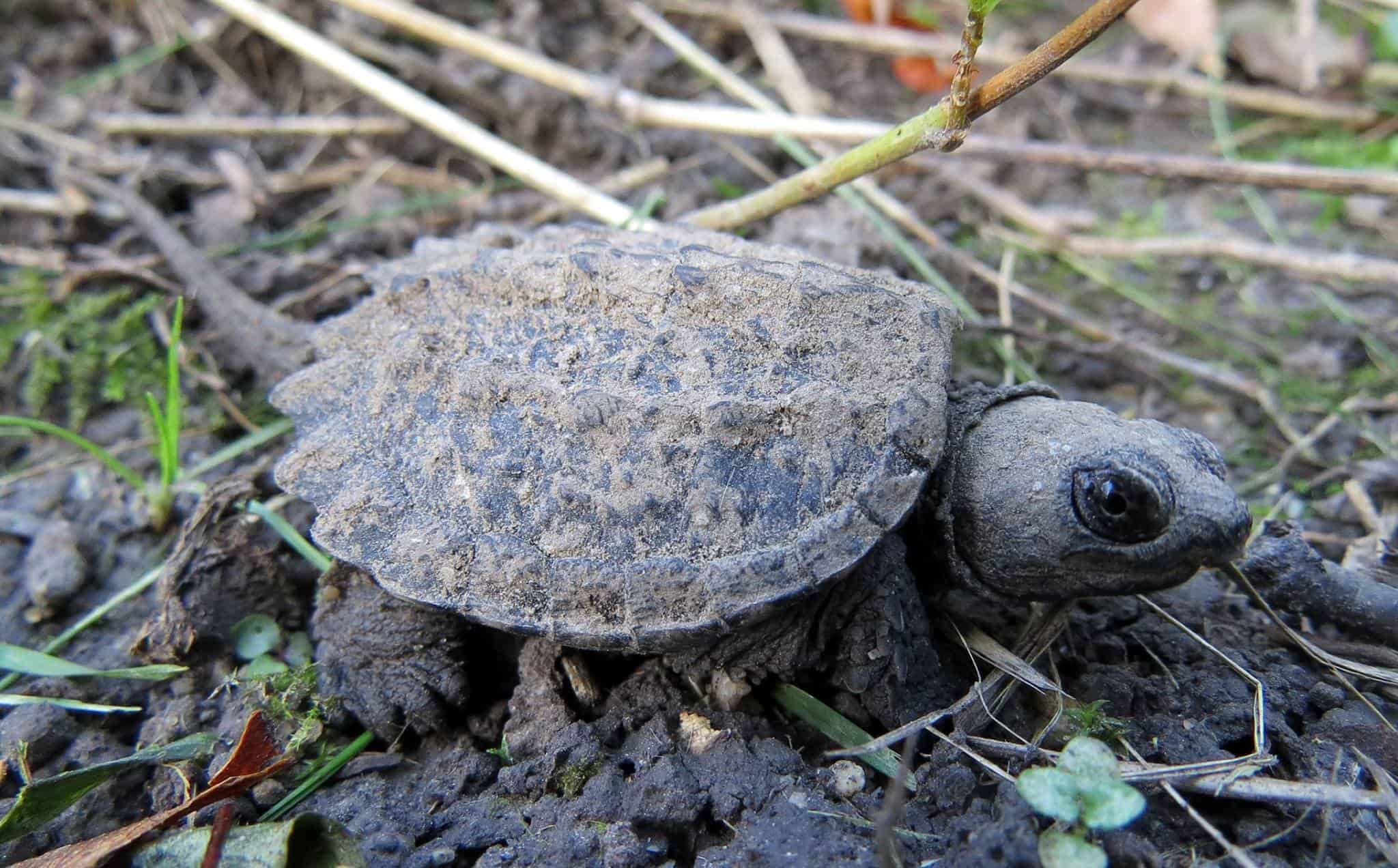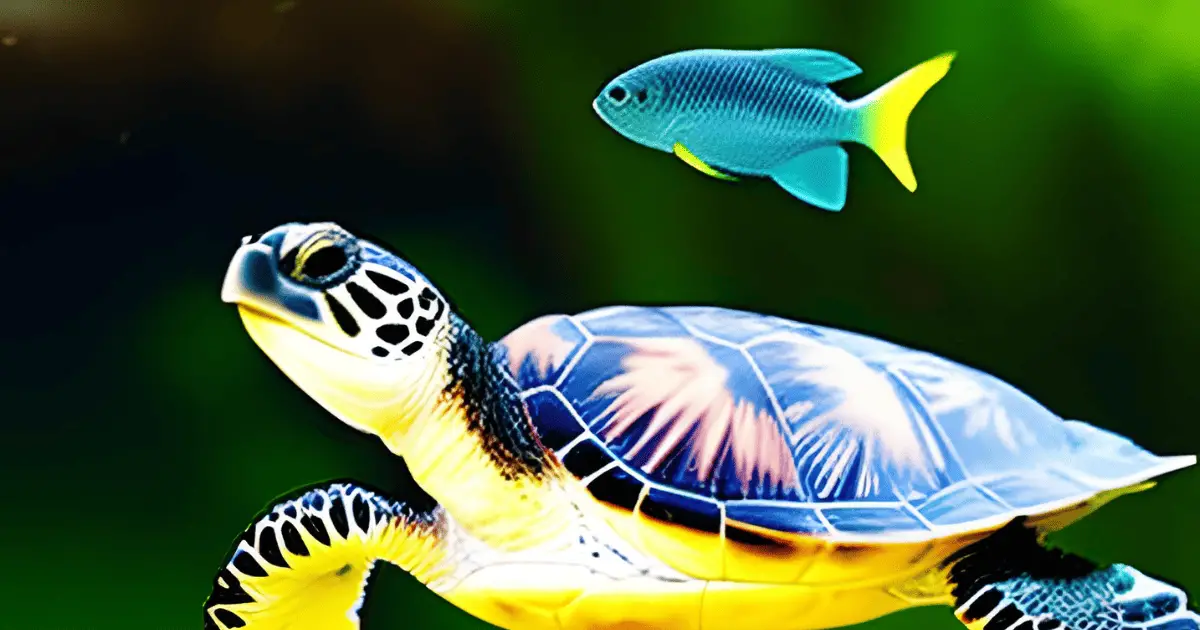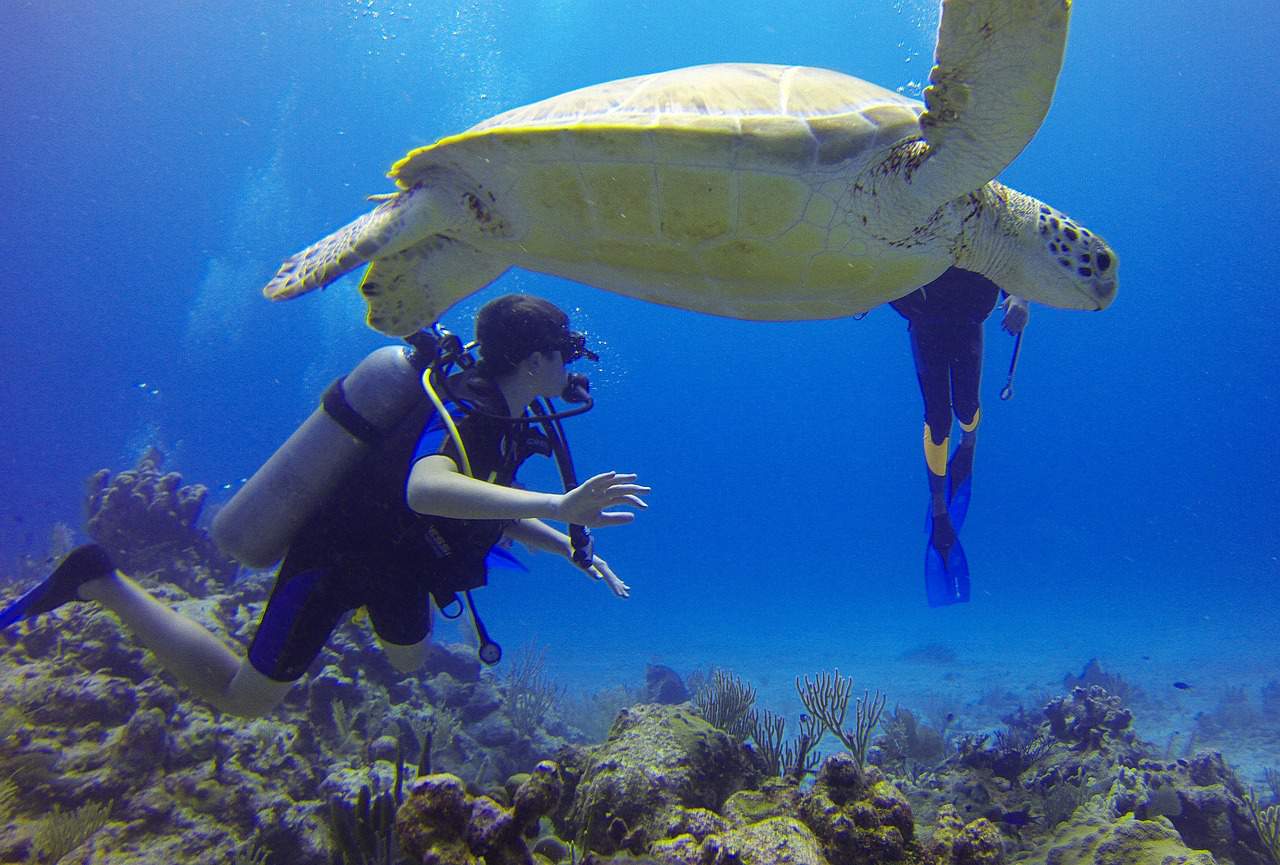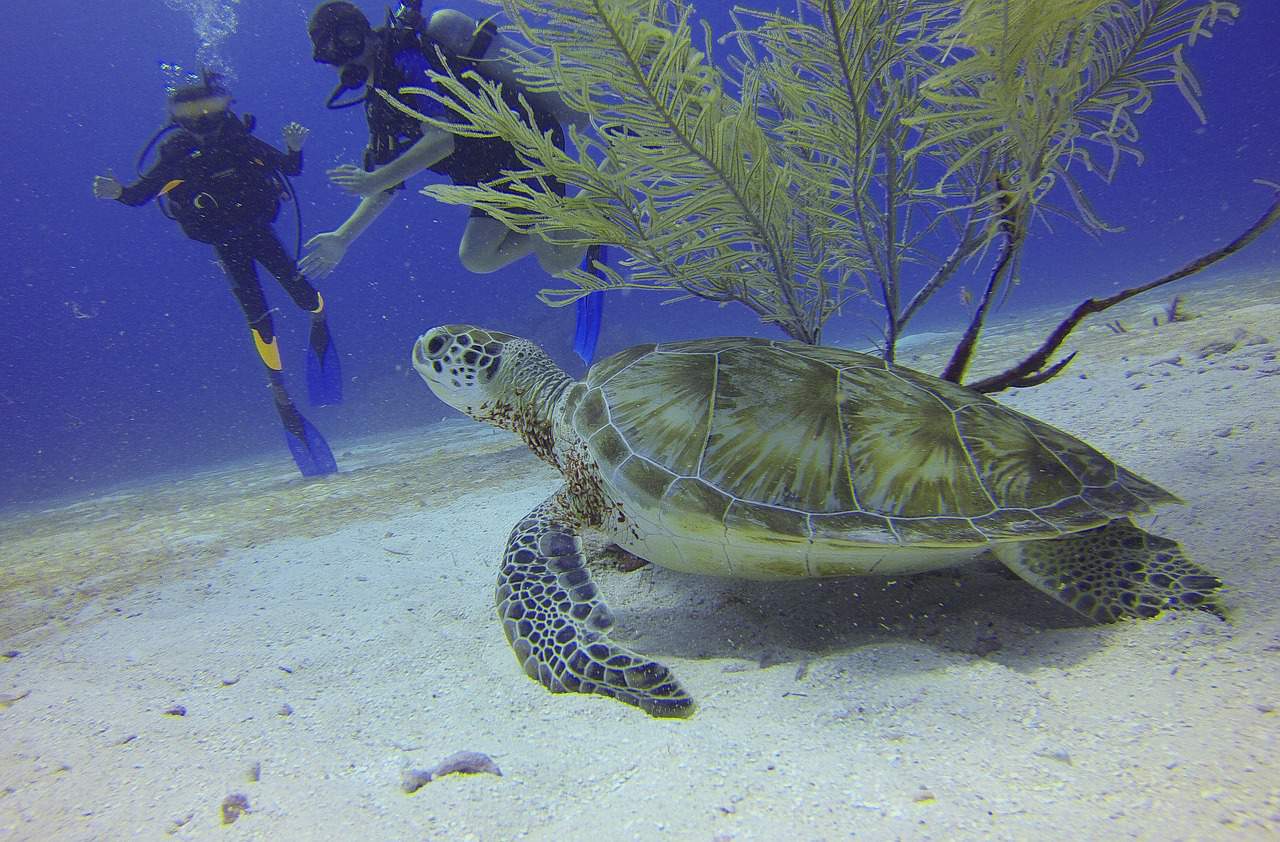Best Automatic Turtle Feeders for Hassle-free Feeding
Automatic turtle feeders are a convenient and reliable way to ensure that your pet turtles are fed on time, even when you’re not around. These feeders come in a variety of shapes, sizes, and styles, and can be a great investment for turtle owners who want to make sure their pets are well-fed and healthy.…

